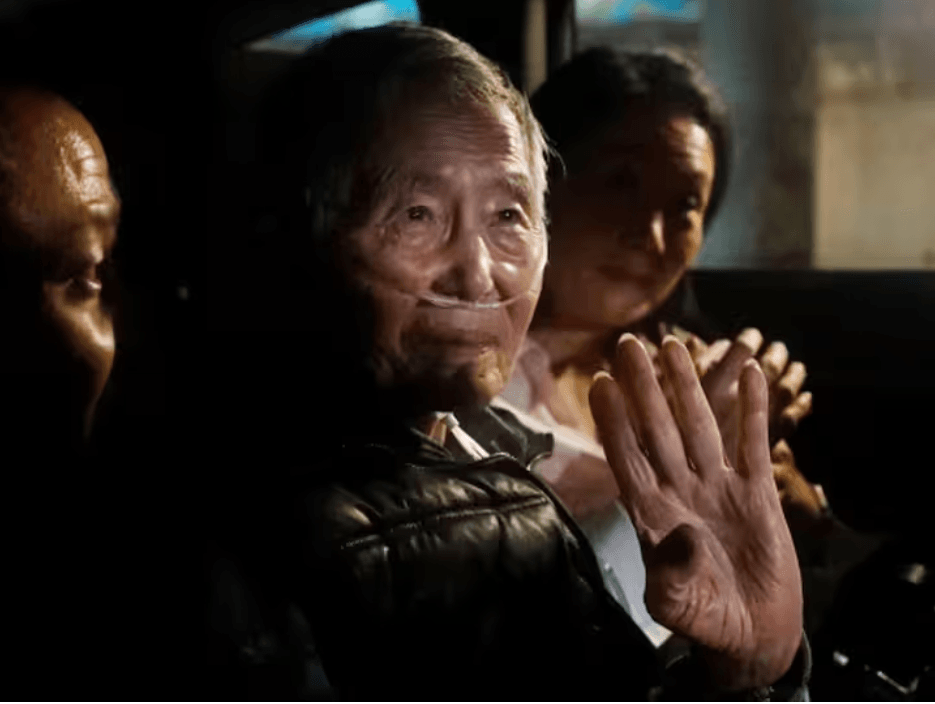Peru’s former authoritarian leader, Alberto Fujimori, was released from prison this week after serving 16 years of a 25-year sentence for enabling military death squads in the 1990s that massacred civilians.

The 85-year-old ex-president exited the prison complex on Wednesday under questionable humanitarian grounds, following the 2017 reinstatement of a disputed pardon. Supporters gathered outside, celebrating Fujimori as the leader who brought economic stability and suppressed leftist rebels.
However, Fujimori remains a polarizing figure in Peru decades later. In 2009, he was convicted for authorizing two horrific mass killings that claimed 25 lives during his 1990-2000 rule.
In 1991, masked soldiers indiscriminately slaughtered 15 people, including an 8-year-old child, at a community gathering in Lima. The following year, a secret squad kidnapped and executed 9 students and a professor from a local university. Forensics showed the victims were tortured and shot execution-style.
Relatives of victims lamented his release, criticizing Peru for failing to defend human rights and seek justice. But loyal supporters saw his contested pardon as righting an injustice against a strongman leader they admired. The case reveals Fujimori’s enduring divisive legacy.
